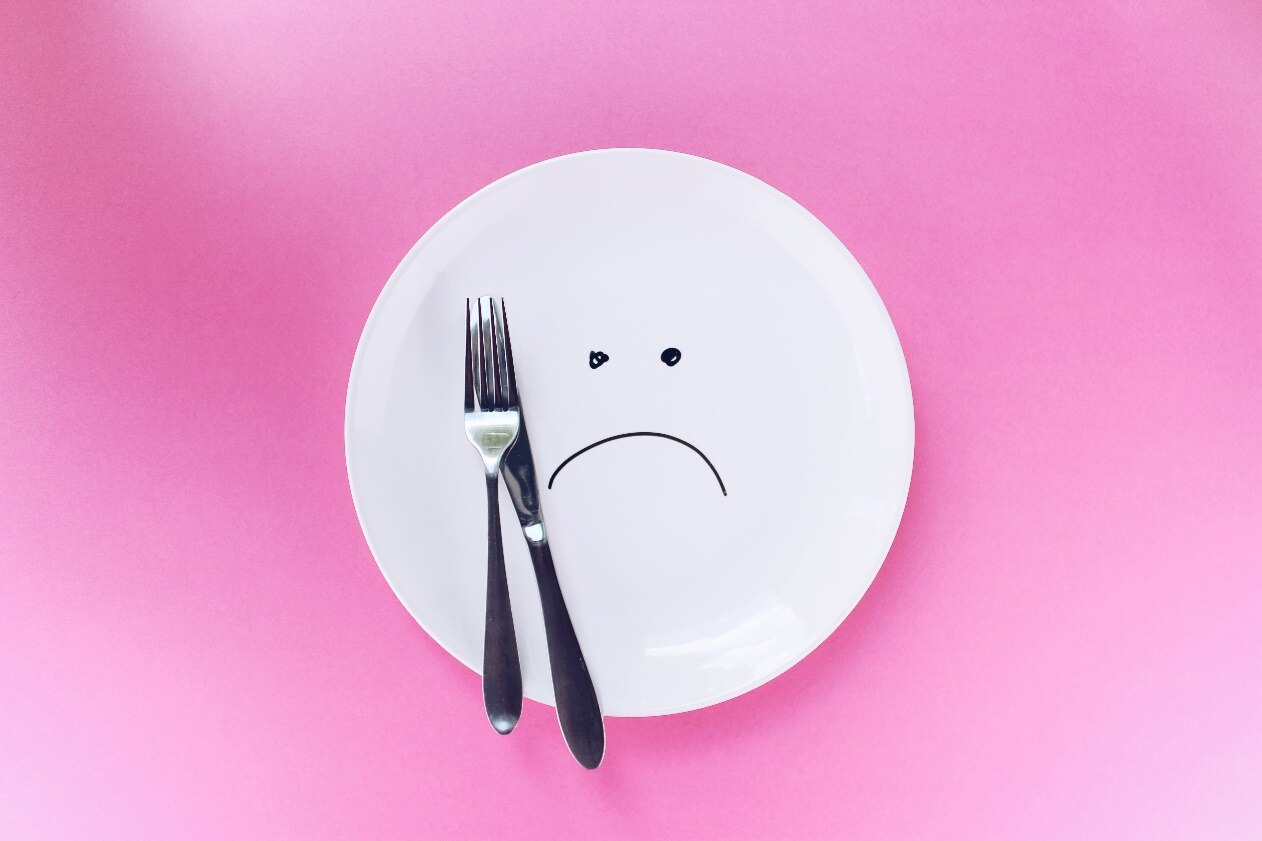Whenever you consider a fad diet, what comes to mind? Many individuals may conjure up images of old-school fads such as eating just a piece of fruit all day, drinking buckets of vegetable soup, or going to stock up on meal-replacement powders. However, fad diets aren't all that gimmicky—and there's a good chance you've already tried one.
Fad diets are regimens advertised as the greatest and fastest strategy to reduce weight. Many popular diets fall into this category but with contradictory implications. On the one extreme, they appear to be miracle weight-loss remedies. On the other hand, they profess to be comprehensive and long-term techniques.
But, no matter how radically fad diets advertise themselves, they all have something commonality: they promise speedy weight reduction, but they almost always fail. Here's some more information on why fad diets aren't the magical cures they claim to be—and whether you should avoid them.
Reason #1: There is no such thing as a genuinely new or distinctive fad diet.

Anyone who has followed popular diets for even more than just a few years has likely realized that every new fad diet is essentially a rehashed and rebranded version of an old diet—although each one purports to be exceptional. Some diets, including the F-Factor diet, which sparked debate in 2020, emphasize increasing the quantity of fibre in your diet. According to the researchers, it's "the first and only nutritionist weight-loss and optimum health program focused on fibre-rich nourishment.
Reason #2: There is no such thing as a superior vitamin.
Numerous fad diets have one thing in common regarding nutrition: they demonize particular foods or substances while extolling others. Moreover, many diets appear to concentrate on a few key elements, either adversely or positively. Dietitians, on the other hand, caution against this mindset. Thus, maintaining a healthy diet is vital for your overall well-being.
Varied foods have essential diverse nutrients (carbs, fats, and proteins), vitamins, and mineral deposits, and that diversity is what keeps us strong. For example, carbohydrates are strictly broken down into glucose, which is our body's primary source of power, and they often contain fibre, which keeps our digestive tracts running smoothly. We also require proteins for our musculature and fat for system protection and absorption of nutrients.

The majority of today's modern fad diets are low-carb and high-protein, putting the low-fat regimens of the past to shame. Unfortunately, Low-carb high diets are no more successful than low-fat diets for losing weight. Reducing specific protein sources isn't more important for weight loss than simply eating fewer calories throughout the long run. Over a year, low-fat, low-carb, and slightly elevated diets all result in almost the same significant weight loss. Because these low-calorie diets are considerably tougher to keep to over the length of a year. Survey respondents on these strategies are also much more likely to lose out than those on diets that concentrate on consuming fewer calories.
Reason #3: Fad diets frequently promote things, a warning sign.
The Dash Diet, the F-Factor Intake, Atkins, and even Whole30 are just a few of the programs that provide snacks, including fully prepared meals to go along with their dietary behaviours. It appears straightforward, but the truth is that everyone who designs a fad diet and sells items makes a fortune. The weight-loss business in the United States is approximately $72 billion, so there's a lot of money to be made by creating fad diets that sell newspapers and products.

Evidence-based recommendations, on either hand, consuming more healthy foods and lesser manufactured ones, may not yield huge profits. Still, it is a preferable path to take if you want to see benefits. These diets' high intake of manufactured snack foods is harmful since it discourages people from eating healthy fresh foods. Typical allergies often come up with manufactured diet goods. Soy is a joint agent found in these foods. Diet and snacking employ sweeteners 200 times sweeter than sugar, such as monk fruits and stevia, which might alter hunger management or make organic products taste less pleasant.
Since we're marketing diet items, it's also vital to consider how they are for sale in the market. For example, many advertising and adverts depict active, slender (and typically cis-gender as well as white) people using and appreciating these items, suggesting that they will assist you in acquiring the same look. They won't, of course; those folks don't appear that way when they're on a diet; they look that way due to their genes, surroundings, and a variety of lifestyle modifications. Therefore, they could not even be following the advertised diet.
The final word
The experts come to a few firm conclusions about diets based on many scientific studies. To begin with, a diet that aids weight loss but jeopardizes your physical, psychological, or interpersonal well-being is not a good, long-term solution. Second, living a healthy lifestyle requires the development of long-term behaviours. If you can't envision yourself sticking to a diet six months or a year from now, it's possibly not the ideal strategy for you, and you'll most likely return all—and then a few of those the pounds you lost. Remember, oftentimes, tiny habits change your life for the better good. Third, weight loss and good health aren't about deprivation. The ultimate recipe is all about finding balance and improving your quality of life. Those ideas aren't as flashy as a new diet, but they're the ideal weight-loss and health win-win.
